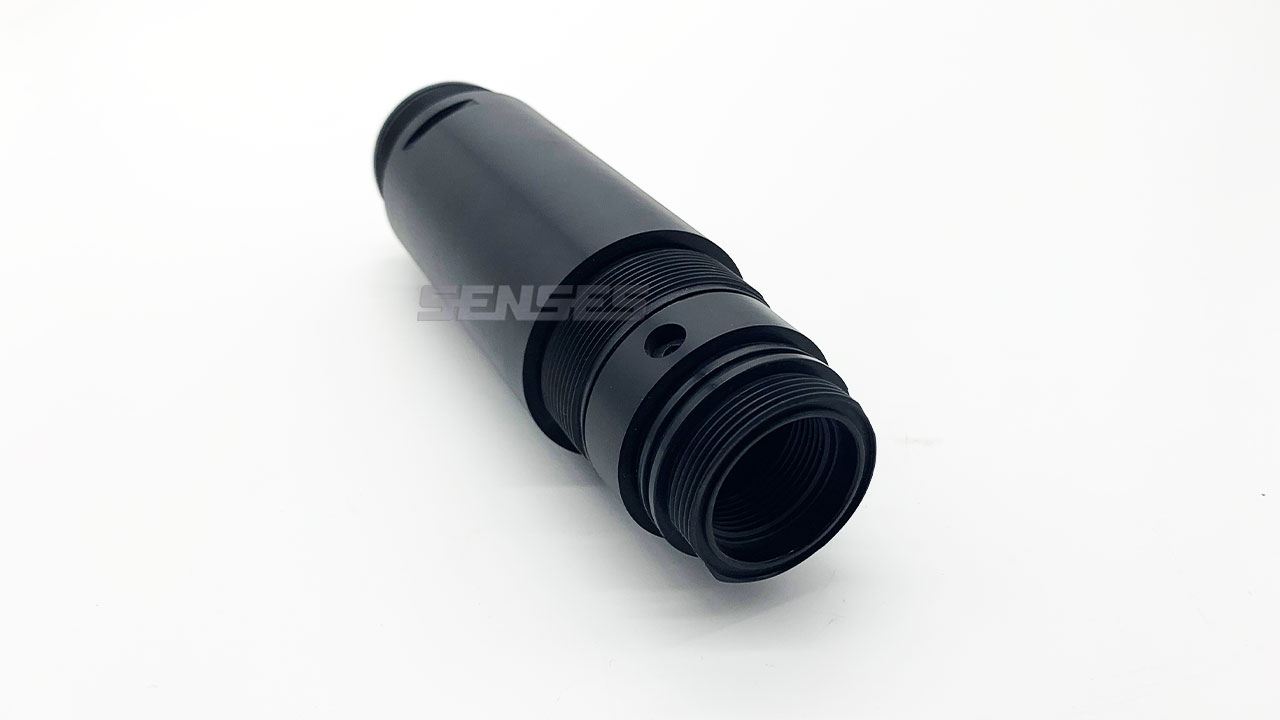Precision Injection Moulding is a specialized technique dedicated to achieving the highest levels of accuracy. Unlike standard injection molding, which is typically used for complete products, precision molding is reserved for specific instances demanding exactness. The meticulously crafted plastic components often substitute high-precision metal parts, particularly in sectors like instrumentation, electronics, optics, and medical devices. Given these stringent requirements, the method mandates the use of precision-engineered molds and advanced machinery. This method, used for creating precisely detailed and consistent plastic parts, is indispensable in various industries.
What is a Precision Injection Mold?
A precision injection mold is a specially engineered mold designed to produce plastic parts with extremely tight tolerances. Unlike standard molds, these are crafted with exceptional attention to detail to ensure that the molded components match the exact specifications set by the client. They are typically made using advanced machining methods and high-grade materials to withstand repeated use while maintaining their precision. These molds are especially critical in industries where a minuscule deviation can result in product malfunction or safety risks. They’re the heart of the precision injection molding process, ensuring each product’s consistent accuracy and quality.
The Basics of Injection Molding
Injection molding is a pivotal manufacturing method utilized for the large-scale production of intricately shaped plastic components. This technique centers around introducing molten plastic into a specifically designed mold. Upon cooling and solidifying, it manifests the intended part shape. These custom injection molding parts, prevalent in everyday items like the phones we use, the cars we drive, and the toys our children cherish, have revolutionized product design and functionality. Their indispensable role in numerous applications cannot be overstated.
There are two dominant approaches to this process:
Ordinary Injection Molding: This is the traditional method, employed for general applications.
Precision Injection Molding: A more specialized method tailored for applications demanding high precision and impeccable surface quality.
What are the Benefits of Precision Injection Molding?
Precision injection moulding is a step beyond traditional injection moulding. It focuses on producing parts with exceptionally tight tolerances and intricate details.
Benefits include:
- Economical Efficiency: Thanks to its automated nature and consistent repeatability, precision injection molding effectively curtails labor costs while simultaneously boosting production rates.
- Detail and Scale: This technique supports the production of intricately detailed parts on a massive scale without compromising on quality or detail.
- Enhanced Durability: Through the incorporation of specific fillers or blends, the resultant plastic components boast remarkable strength. What’s more, this enhanced durability can be achieved without escalating costs.
- Operational Efficiency: Precision injection molding outpaces many conventional molding methods in speed. This rapidity means a single mold can churn out an increased number of parts in a shorter time frame.
- Design Versatility: Every precision mold is tailor-made to meet specific project demands, paving the way for heightened customization and a more refined control over the end product.
- Consistency and Reliability: With precision injection molding, batch inconsistencies are minimized. This ensures that every part produced is as reliable as the one before it, leading to fewer defects and a reduction in waste.
- Material Flexibility: The process is compatible with a vast array of polymers, granting manufacturers the liberty to choose the best material for the product’s intended application.
- Sustainability: Modern precision injection molding techniques have started to focus more on environmentally-friendly practices, using recycled materials and producing less waste, thereby promoting a greener manufacturing process.
Applications of Precision Injection Molding
Precision injection molding’s unique capabilities make it a preferred choice in various industries:
Medical Devices: Instruments, surgical tools, and implantable devices often require the exactness that precision molding offers.
Electronics: Micro-components, connectors, and intricate parts for devices benefit from the detailed precision of this method.
Automotive: Small engine components, intricate dashboard elements, and sensors demand the high-quality finishes and tight tolerances that precision molding provides.
Aerospace: Every part, especially those used in avionics and structural components, needs to meet exact standards for safety and performance.
Consumer Goods: High-end products, intricate toys, and detailed household items often use precision injection molding for consistent quality.
The above applications underscore the versatility of precision injection molding in catering to various sectors’ nuanced demands.
Conclusion
Both ordinary and precision injection molding are foundational in manufacturing. However, when pinpoint accuracy, consistent repeatability, and superior surface finishes become non-negotiable, precision injection molding takes the lead. For sectors and enterprises seeking nothing but the best, this method provides a gateway to unmatched quality and uniformity.
We excel in various injection molding solutions, including precision injection molding. Reach out and discover how our expertise can elevate your upcoming project. For any queries or to initiate your project with a complimentary quote, don’t hesitate to contact us.





